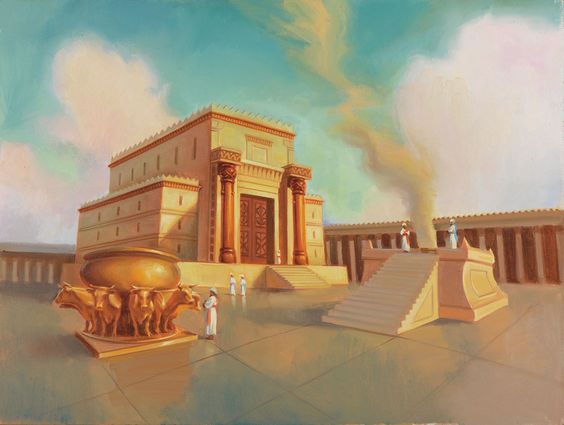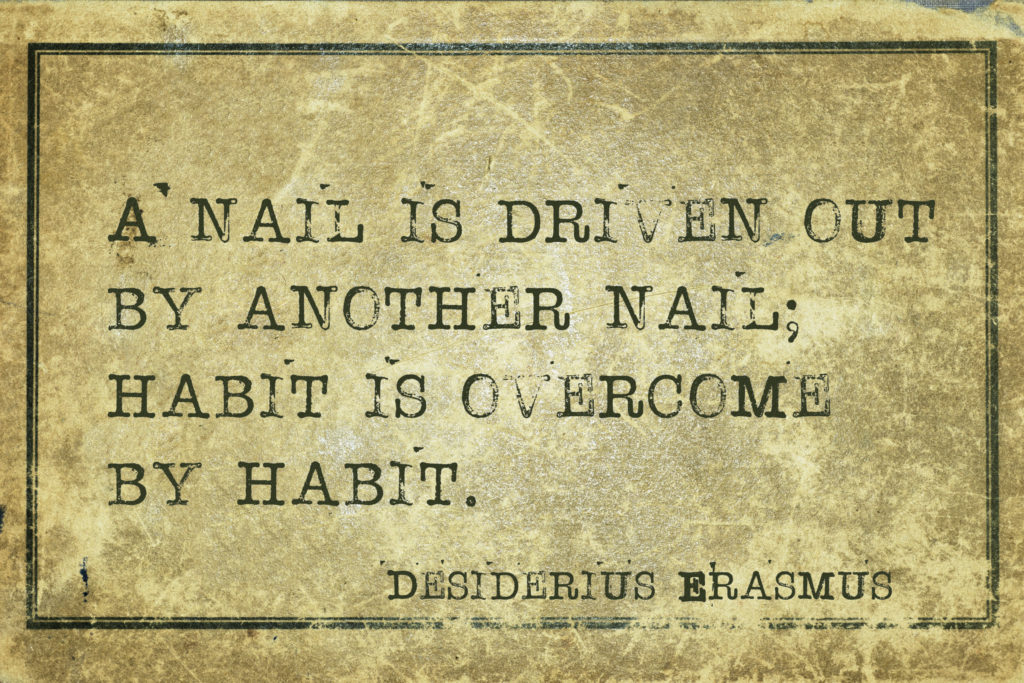
2 Chronicles 17; Revelation 6; Zechariah 2; John 5
We have arrived at that magical time of year when we begin evaluating our year. We ask, was it worth it? Did we accomplish all that we set out to do? Unfortunately, few of us will bother to accurately answer those questions. Worse yet, even fewer will bother to make a change in 2017 which means that next year, the answers to the same questions will be unremarkably similar to today. This is all the evidence I need to see that our lives are not very different from the man at the well in John 5. He, along with a multitude of others, had a tough year. He dreamt of a better life. He even had an idea of where to get it. He always found it out of reach. Year after year passed and nothing changed. He’s was promised hope and empowerment. So have we.
Do you think that the man at the well gave up hope? Seriously, after 38 years of the same thing, how could he possibly think that anything better would come his way? As I look back on the days and years of my life, I can see how it happens. There are all kinds of things that get in the way of the life that you and I were created for. Maybe it’s a shortage of money, bad health or even abuse. There is a multitude of seemingly valid issues that keep us exactly where we are. Satan makes sure of it. He will dissolve every grain of hope in our lives with complaining, distrust, fear, and accusations. In the end, we pretend to be living a life of hope, but it feels an awful lot like despair. Just like the man at the pool.
There is a way out. God wants us to live a life of hope and empowerment. That is why he created us. In fact, he has great plans for us. (Jeremiah 29:11) The catch is, that we have to choose it, which is why he asks the man “do you want to be healed?” (John 5:6) For myself, I hear this question two ways. First, it prompts “are you ready to do what it takes?” If I am going to pursue the life that Jesus promises, it is likely that I need to make some sort of lifestyle change. I need to be ready to leave my old behaviors behind. Second, is a question of trust. Do I really believe that Jesus will honor my obedience and surrender with a “full life?” (John 10:10) If either of these are missing. Forget it. Next year, you will get exactly what you got this year.
Just like the man at the pool, Jesus is telling us “get up, take up your bed and walk.” The man responded with obedience and trust. Will you?
 2 Chronicles 8; 3 John 1; Habakkuk 3; Luke 22
2 Chronicles 8; 3 John 1; Habakkuk 3; Luke 22





